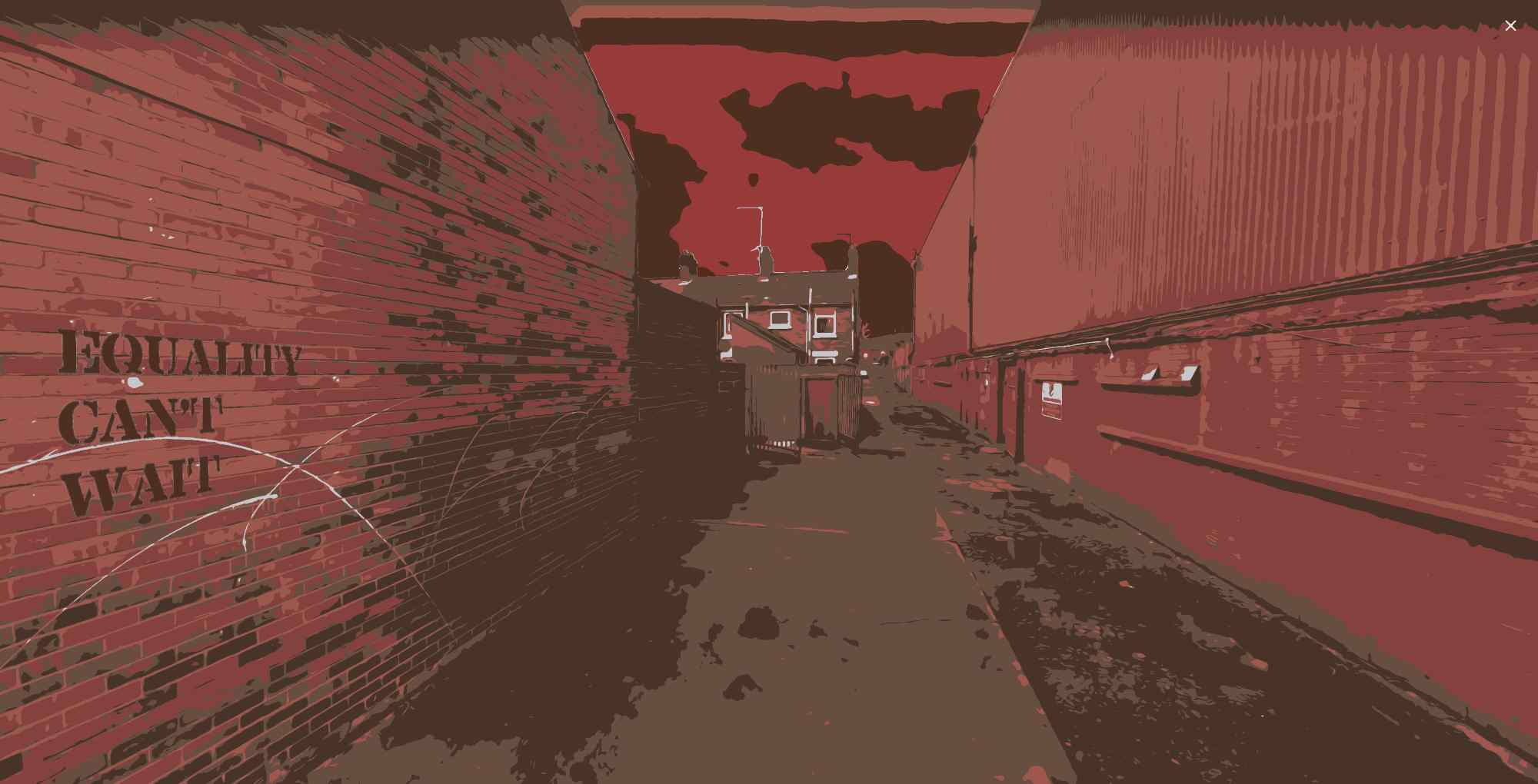
Policy Watch
An eye on policy changes in Ireland, the UK and beyond
Evictions from asylum accommodation in Northern Ireland
There are increasing numbers of people seeking safety in NI – and as precarious as their housing situation has been in recent years, it appears to have just gotten more so.
The Home Office, through its contracted asylum accommodation provider Mears Group, is responsible for providing accommodation and support to people who have submitted claims for international protection here. The latest Home Office figures – from end June 2023 – show a total of 3,348 people in asylum seeking households living in Northern Ireland. The largest group – over two thousand – were recorded as living in ‘dispersed accommodation’ in houses and flats while their claims were being decided by the Home Office.
Over the last two and a half years, the Home Office has resorted to placing new arrivals in bedrooms located in 20+ hotels across the north. At end June there were more than 1,200 people in this ‘contingency accommodation’, some of them for a year or more. In recent years people placed in these settings have reported facing controlled conditions and isolation from the local community; overcrowded, cramped and inappropriate living conditions; a range of health concerns (some exacerbated by inadequate or inappropriate hotel food); poverty related to the £9.58 pp weekly stipend; harmful impacts of failures to respect their human dignity and to provide effective remedies for breaches of their rights; and in some cases, issues in accessing the education essential for their children’s development.
At the end of 2022 – amidst a raft of other measures – Prime Minister Rishi Sunak announced plans to speed up the Home Office’s decision making process on asylum claims so as to “abolish the backlog of initial asylum decisions” by end 2023. In August 2023, the Home Office changed its policy towards any newly-recognised refugees, reducing the grace period after receiving a “notice to quit” their asylum accommodation from 28 days to a minimum of just 7 days.
The fallout from this policy change is being felt here with growing frequency, as we hear new reports of short eviction notices quickly following on the heels of asylum decisions. These families join the over 26,000 families across the north officially recognised as homeless – with regard to whom the Northern Ireland Housing Executive’s chief recently said the organisation is ‘running out of options’.
Receiving refugee status – in the past, grounds for celebration – now brings as well fear of imminent homelessness and destitution. Being cut off from asylum support with barely a week’s notice is devastating for people who – barred from working and on a minimal weekly stipend – have already been living hand to mouth, and who now face eviction and a five-week wait for their first Universal Credit payment. On 5 October the British Red Cross warned that more than 50,000 refugees could be made homeless in the UK by the end of the year due to this shift.
The #KindEconomy campaign is doing what it can to support families facing eviction – please join us at our take action page and let us know if you can do anything to help!
Read or download the full briefing from PPR’s online library
